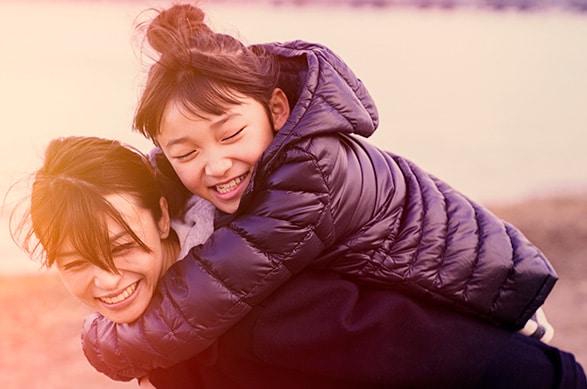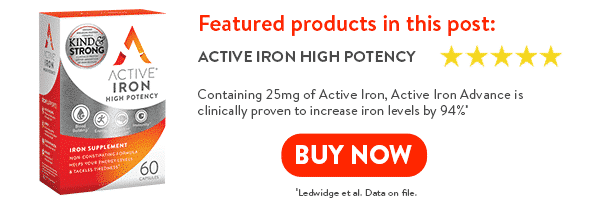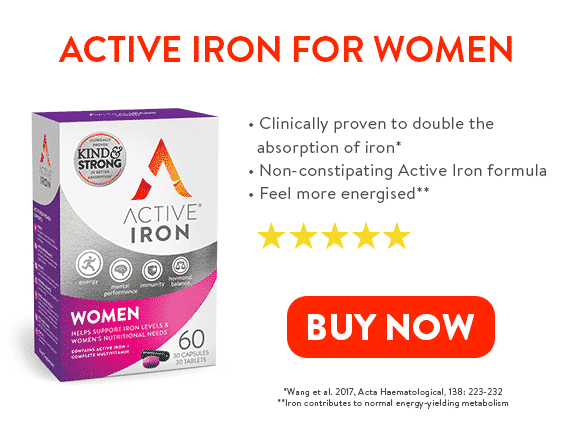Iron is essential to life for both men and women; it helps reduce tiredness and fatigue, as well as playing an important role in normal energy metabolism, oxygen transport, cognitive function, immune function and formation of red blood cells. However, iron is especially important to women – particularly those of reproductive age – as women need up to twice as much daily iron as men.
Iron Loss During Menstruation
Menstruation is the most common cause of iron loss worldwide. On average, women lose around 40 to 45 milligrams of iron per 100ml of blood during each menstrual cycle. The total loss of blood can be between 40-60ml for a regular period, and heavy periods are over 80ml. As such, it is particularly important for woman of childbearing age to meet their daily iron intake However, this may be difficult to achieve through diet alone.
Benefits of Iron During Pregnancy
You are currently viewing a placeholder content from Default. To access the actual content, click the button below. Please note that doing so will share data with third-party providers.
Pregnancy also impacts the overall iron content in a woman’s body. As a woman’s blood volume increases when she’s expecting, dietary iron requirements can also rise especially in the second and third trimesters. This is because the body uses iron to make haemoglobin to transport oxygen to other cells. If a woman doesn’t get enough iron, the body may find it difficult to produce the correct amount of red blood cells it needs to make this additional blood for the growing foetus. Women who experience morning sickness or who are carrying more than one child may even need more iron than they can ingest from diet alone.
Sources of Iron for Women
It’s important to remember that even if a woman makes a conscious effort to ingest more iron from food, it still may not be sufficient to meet the daily requirements. There are two different types of iron found in food: haem and non- haem iron. While haem iron is found in animal proteins, most health authorities recommend a safe upper intake of just 500g of red meat per week. Furthermore, non- haem iron – which is found in plants, nuts and legumes – is absorbed at a much lower rate than meat-based sources. Additionally, other daily habits like drinking tea and coffee after your meals can further reduce your iron intake, due to the tannins present in these beverages.
Iron Supplements for Women
Although food supplements are not a substitute for a varied diet and healthy lifestyle, taking a daily iron supplement like Active Iron can be a great way to ensure you are getting the correct amount of iron in your daily life. As Active Iron targets the natural site of absorption and delivers just the right amount of iron when you need it, it may help women who need to support their iron intake but struggle with the negative side-effects of traditional products. Active Iron is kind enough to take on an empty stomach while doubling the amount of iron* absorbed compared to Iron sulfate.
*Wang et al. 2017, Acta Haematological, 138: 223-232



